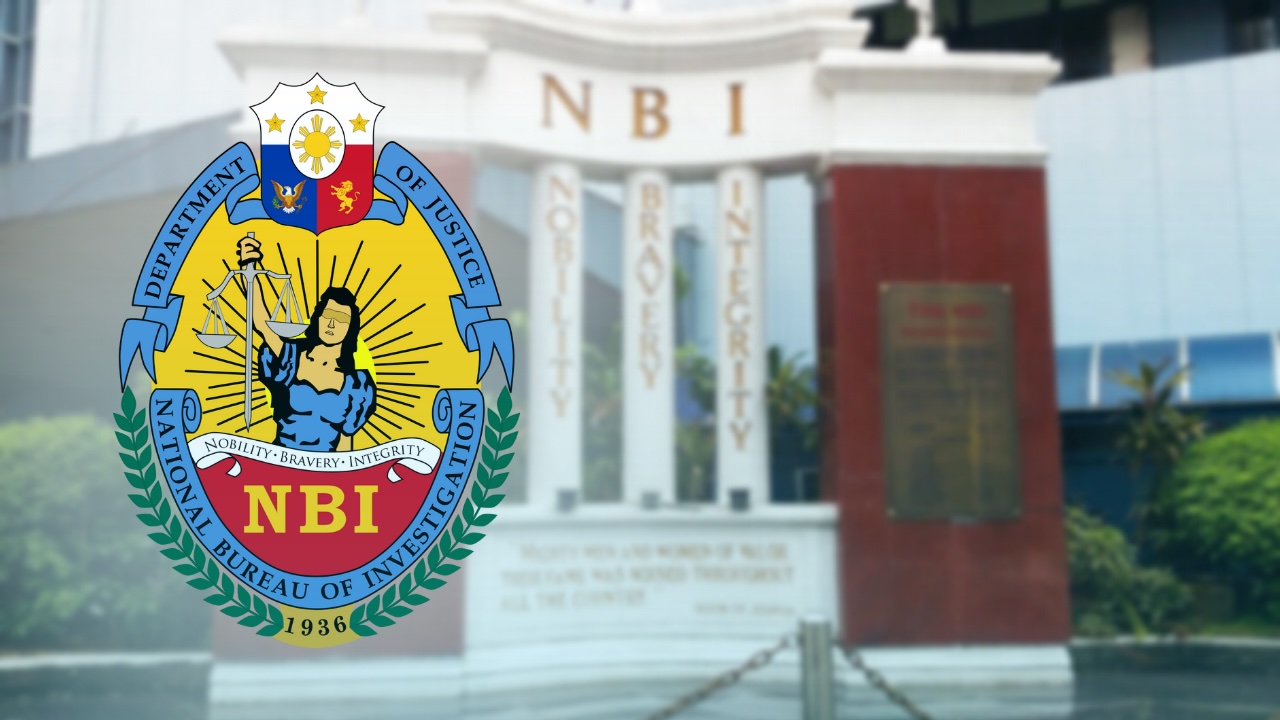NBI-Davao sees birth certificate syndicate; fixers, notaries tagged

INQUIRER.net file photo
DAVAO CITY – Charges are being prepared against those found involved in the issuance of spurious birth certificates to Chinese nationals in Sta. Cruz town, Davao del Sur, the regional office of the National Bureau of Investigation (NBI) here said on Wednesday.
At least two alleged “fixers” have been identified and five to seven notaries public have been tagged in the ongoing investigation, according to an NBI official here.
NBI-Davao Director Arcelito Albao confirmed the discovery of up to 1,200 questionable documents coming from the local civil registrar (LCR) of Sta. Cruz, all released between 2016 and 2021. Last week, initial NBI findings placed the number at around 200, covering the period from 2018 to 2019.
Albao said the certificates were all issued to Chinese nationals who assumed Filipino names through late registration of birth.
“There is money involved. There’s a syndicate behind this and we are tracing the fixers and their addresses,” he said in a press briefing.
READ: NBI Davao uncovers ‘200 falsified birth certificates’ issued to Chinese
“We already identified one or two (fixers) and there is a possibility some of the LCR officers or employees of that particular municipality are involved in this. There are fixers coming from Luzon, Manila. They have a contact in Sta. Cruz,” the official added.
The investigation is also checking the involvement of about five to seven notaries public in the scheme.
Local gov’t probe
In a statement, Sta. Cruz Mayor Jose Nelson Sala Sr. said the municipal civil registrar had long been relieved of the post and reassigned to another office.
But because of the controversy that came to light only last week, Sala said, the “concerned person”—whom he did not identify—was given until yesterday to explain.
According to the mayor, a parallel investigation by the local government had so far discovered around 1,400 late birth registrations made in the town in the period covered by the NBI probe. Validations are ongoing to check the documents for fraudulent entries, he added.
“We do not tolerate this kind of illegal transaction under my administration,” Sala said.
Albao said the NBI would also seek the cancellation of the birth certificates, and that the bureau had asked for more documents issued by the Sta. Cruz LCR before 2016 and after 2021.
Passport applicant
Last week, charges for violation of the passport law and falsification of public documents, among others, were filed against a 21-year-old Chinese national, Qui Hen Lin, who allegedly assumed the Filipino identity of Hengson Limosnero based on a falsified birth certificate he obtained from Sta. Cruz in 2013.
Albao said they got Lin’s records from the Bureau of Immigration, confirming his identity as a Chinese national.
Lin was arrested on July 9 after he applied for a Philippine passport at the Davao consular office here of the Department of Foreign Affairs (DFA). This was after the DFA alerted the NBI when the man provided contradictory statements about his identity and could not speak the local language widely used in Sta. Cruz, which he claimed to be his place of birth.
According to Albao, when he was still assigned in NBI Pampanga about a decade ago, the town of Sta. Cruz would already crop up when his fellow agents apprehended foreign nationals—sometimes even Filipinos—for using falsified birth certificates.
“But it is only now that this has directly come to the light because of the West Philippine Sea (maritime dispute with China) and the investigation on the Philippine offshore gaming [operators],” he added.
The “worst scenario” here, he said, is “after they have that birth certificate, they consider themselves as Filipino, making them eligible to purchase properties, have a driver’s license already, a national ID.”
“For us, it poses a threat to national security,’’ he added. —With A report from Germelina Lacorte